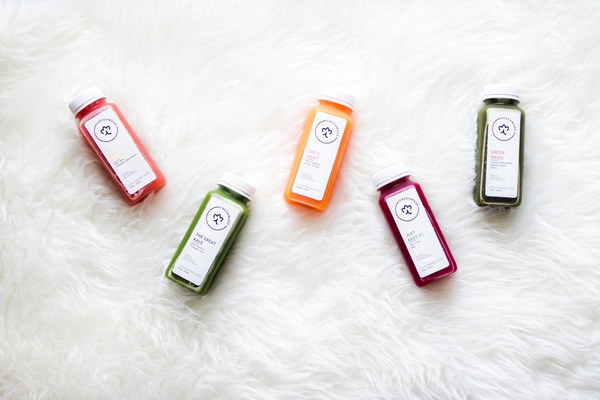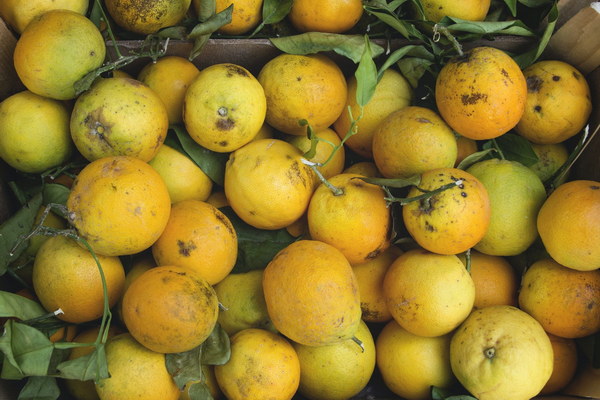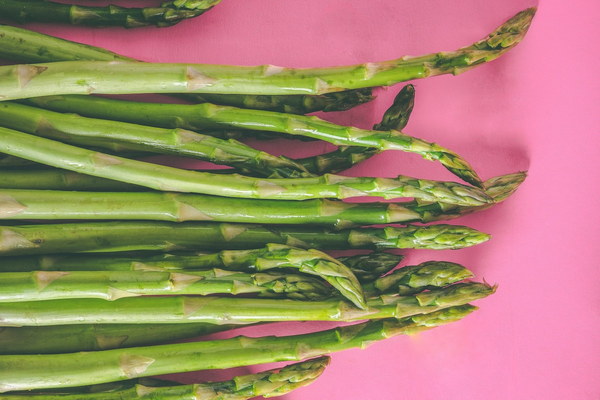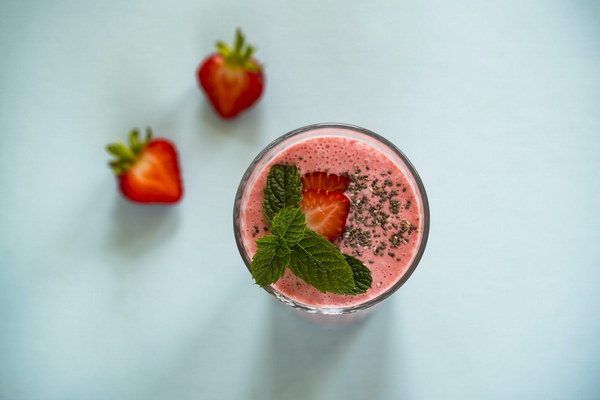Nourish Your Lungs and Throat A Guide to the Benefits of Lung and Throat Soothing Beverages
In the fast-paced modern world, where pollution and stress often take a toll on our respiratory and throat health, finding natural remedies to soothe and nourish these vital areas is more important than ever. One such remedy that has gained popularity is the use of lung and throat soothing beverages. These drinks not only provide relief but also offer a host of health benefits. Let's delve into the world of these refreshing elixirs and explore the best lung and throat soothing beverages.
Understanding the Need for Lung and Throat Soothing Beverages
The lungs and throat are crucial organs responsible for the intake and distribution of oxygen to the body, as well as the expulsion of carbon dioxide. They are also susceptible to irritation and inflammation due to environmental factors such as pollution, smoke, and allergens. The throat, in particular, is prone to dryness and irritation, often leading to discomfort and a hoarse voice.
Benefits of Lung and Throat Soothing Beverages
1. Hydration: Staying hydrated is essential for maintaining the health of the lungs and throat. Water helps to thin mucus, making it easier to expel from the lungs and reducing the risk of infection.
2. Natural Remedy for Irritation: Many lung and throat soothing beverages contain natural ingredients that have anti-inflammatory properties, helping to reduce irritation and inflammation in the respiratory tract.
3. Antioxidant Rich: These drinks often contain antioxidants that help combat oxidative stress and protect the lungs and throat from free radicals that can cause damage.
4. Immune System Support: Ingredients like honey, ginger, and turmeric are known for their immune-boosting properties, helping to keep the body strong against infections.
Top Lung and Throat Soothing Beverages
1. Honey and Lemon Tea: This classic combination is known for its soothing properties. Honey has natural antibacterial and anti-inflammatory properties, while lemon provides vitamin C to support the immune system.
2. Ginger Tea: Ginger has been used for centuries to aid digestion and respiratory health. It can help to reduce inflammation and mucus production, making it an excellent choice for those suffering from coughs or sore throats.
3. Honey and Thyme Syrup: Thyme is a powerful herb that can help to break down mucus and reduce coughing. When combined with honey, it creates a delightful syrup that can be taken directly or added to warm water or tea.
4. Licorice Root Tea: Licorice root is known for its ability to coat and soothe the throat. It's often recommended for those with a sore throat or laryngitis.
5. Peppermint Tea: Peppermint has both anti-inflammatory and expectorant properties, making it a great choice for respiratory issues. It can also help to relax the muscles of the bronchial tubes, providing relief for those with asthma or bronchitis.
How to Prepare Lung and Throat Soothing Beverages
- Honey and Lemon Tea: Brew a cup of hot tea, add a tablespoon of honey and a squeeze of lemon juice. Stir well and enjoy.
- Ginger Tea: Peel and slice fresh ginger, steep it in hot water for 5-10 minutes, strain, and add honey to taste.
- Honey and Thyme Syrup: Combine honey and dried thyme in a pot, simmer for 10-15 minutes, strain, and store in a jar for up to two weeks.

- Licorice Root Tea: Brew a cup of licorice root tea as per package instructions or in hot water for 10-15 minutes.
- Peppermint Tea: Steep peppermint leaves in hot water for 5-10 minutes, strain, and add honey if desired.
In conclusion, lung and throat soothing beverages offer a natural and effective way to maintain respiratory health. By incorporating these healing drinks into your daily routine, you can provide much-needed relief and support to your lungs and throat, promoting overall well-being.









